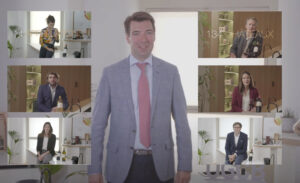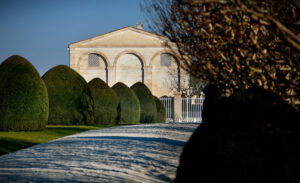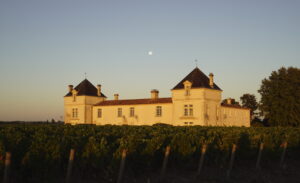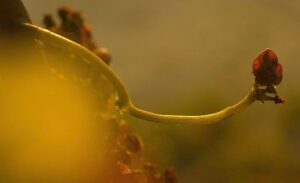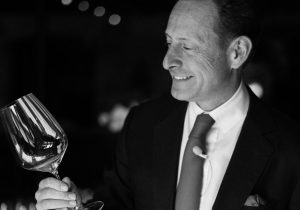“Blending is like a game of chess” Interview with Eric Boissenot
Eric Boissenot is one of the world’s most famous consulting oenologists and works with many great growth estates in the Médoc. He tells us about his vision of the profession, his philosophy, and also provides an analysis the upcoming vintage. Good news! He believes 2020 will be a great vintage.
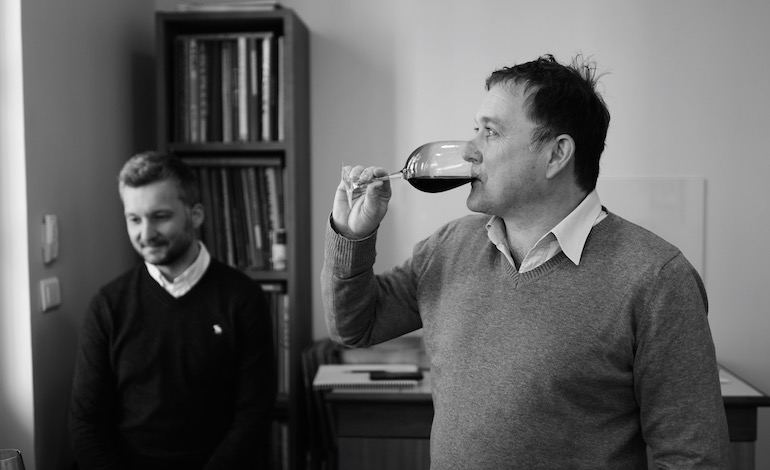
Hi Éric, what’s it like to be a consulting oenologist?
It is a fairly broad profession, which involves working alongside the teams at various estates and providing them with expertise and upstream support to help them make key technical decisions. I don’t just offer blending advice. My job begins with the harvest, from helping to determine the ripeness of the grapes, to picking, run-off, monitoring fermentation, pre-blending, and blending. I help throughout the entire process.
How would you define your role and vision regarding blending? Is there a Boissenot touch?
I’d say that the Boissenot touch, if there is one, is to leave each wine to fully express its personality, terroir, and aromatic complexity. This complexity is the result of the quality of the terroirs, the age of the vines, etc. You need to understand, capture, and showcase all of that. This is what guides the blending process. In reality, the terroir decides. That’s why it is important to listen to it very attentively, and support it. Does my personal touch ensure that the wine faithfully reflects the terroir? Yes and no, probably!
What do you look to achieve during blending?
Firstly, as you mentioned, something that embodies the terroir. Once we have tasted the wines and found this, we then need to work on creating balance. To put all the elements together to produce a harmonious result. However, we don't automatically succeed – what may be great on its own will not necessarily work well in the final blend. You need to work out how to harmonize, adjust the proportions, play on complementarity, and how one element can integrate with another. The art of blending is all about understanding this. In my view, the main personality trait required in this profession is to be very observant. I am always trying to examine and comprehend the reasons behind my choices and what conditions them.
"In reality, the terroir decides. That’s why it is important to listen to it very attentively, and support it"
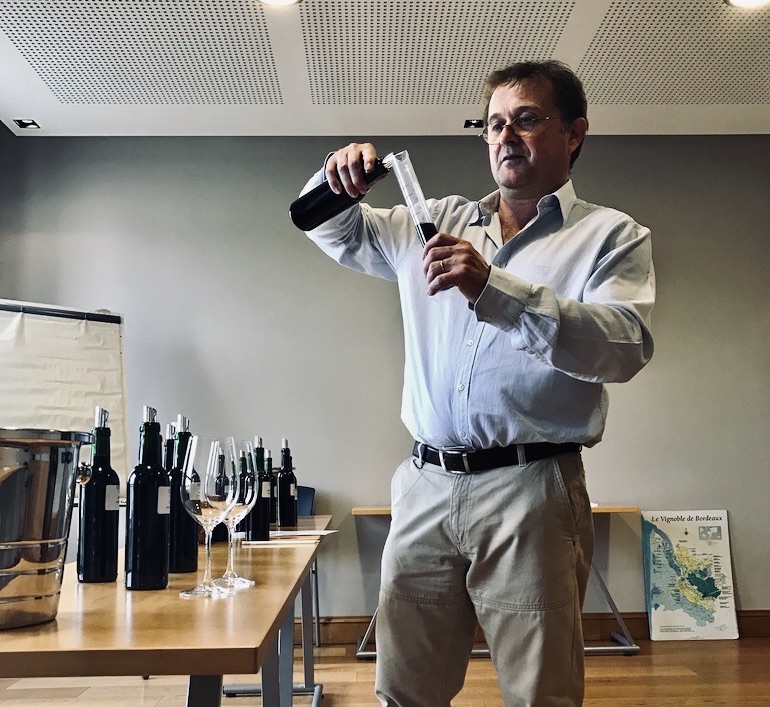
Do you often find batches which are great on their own but impossible to add to the final blend?
If a certain batch is remarkable but doesn’t work in the final blend, it’s down to me to question this, and realize that it’s not normal. If I don’t manage to add it, perhaps it’s because I didn’t do everything right, or something in the blend prevents this outstanding batch from being included. Is the end result better with or without it? It is an intellectual task that is very time-consuming, much like a game of chess. You have the chessboard in front of you and numerous possibilities. Which move will be the most effective, is there a trick you didn’t see?
I imagine that this intellectual task requires a great deal of concentration?
En ce moment, je finis les assemblages en vue des primeurs. Je goute les vins que l’on a déjà assemblé et mis en barrique. Les vins bougent beaucoup, c’est la période la plus compliquée, il faut les suivre. Alors je goute 10 à 12 heures par jour, tous les jours. De 7h à 20h, ce qui exige effectivement une concentration intense d’autant que la bouche est simplement un intermédiaire, un média, c’est le cerveau qui travaille. Pour être concentré, j’ai des méthodes personnelles. Pour rentrer dans la matière, s’en imprégner, il ne me faut aucun bruit et j’ai quelques rituels. Je fais tout pour me mettre dans des bonnes conditions. Quand je rentre dans une pièce, je choisis un endroit qui me semble intéressant. Je suis très sensible à cela. Quand je déguste il ne doit y avoir aucune contrainte, ça n’est plus que le vin et moi. Il faut évacuer tout le reste, les contrariétés personnelles, le bruit et ne penser à rien pendant la dégustation. Les conditions doivent être optimales pour ne rien laisser au hasard.
Avec tous les lots que vous goutez, vous devez avoir un œil aiguisé sur le millésime 2020, quel regard portez-vous ?
At the moment, I am finishing the blends for the en primeur presentations. I am tasting the wines that have already been blended and put into barrel. This is the most difficult period, since the wines change a lot and need to be monitored. I taste them 10 to 12 hours a day, every day, from 7am to 8pm.This does in fact require a great deal of attention, especially since the palate is simply an intermediary and the brain does all the hard work. I have my own personal methods to help me stay focused. To get into the zone, I need absolute silence and have several rituals. I do everything I can to put myself in the best possible conditions. When I enter a room, I choose a stimulating place where I feel at ease. I am very sensitive to this. During a tasting, I need to be free from any stress – in that moment, it’s just me and the wine. I need to clear my mind of everything else, any personal issues, any noise, and think of nothing but the tasting. The conditions need to be optimal and nothing must be left to chance.
